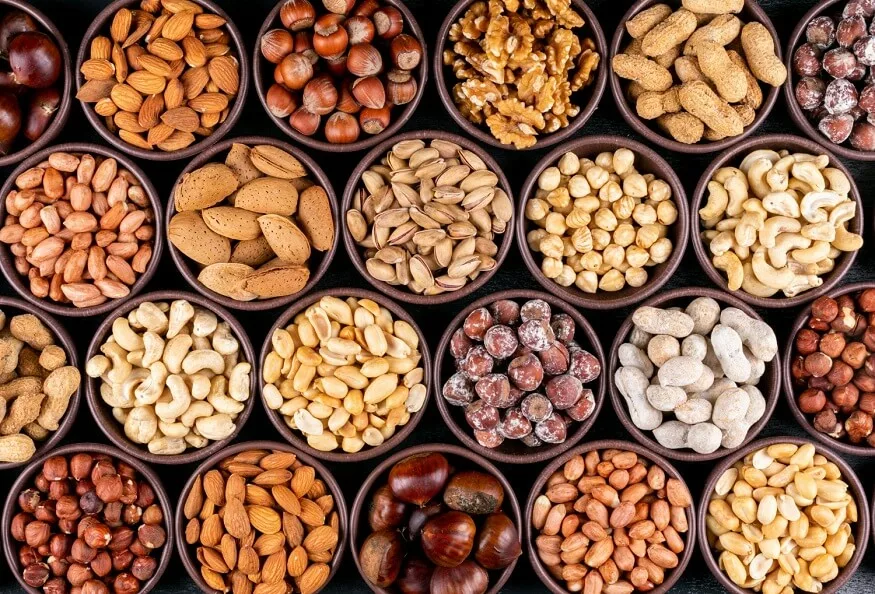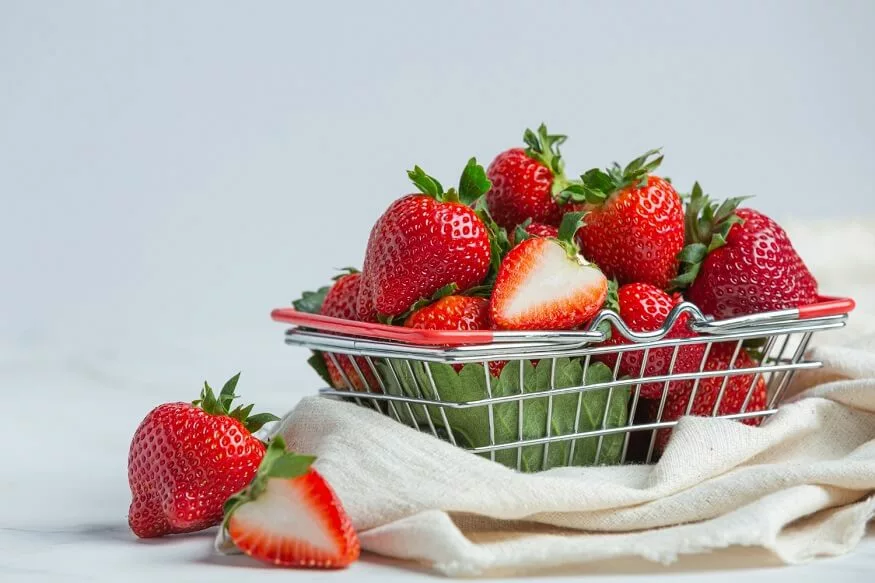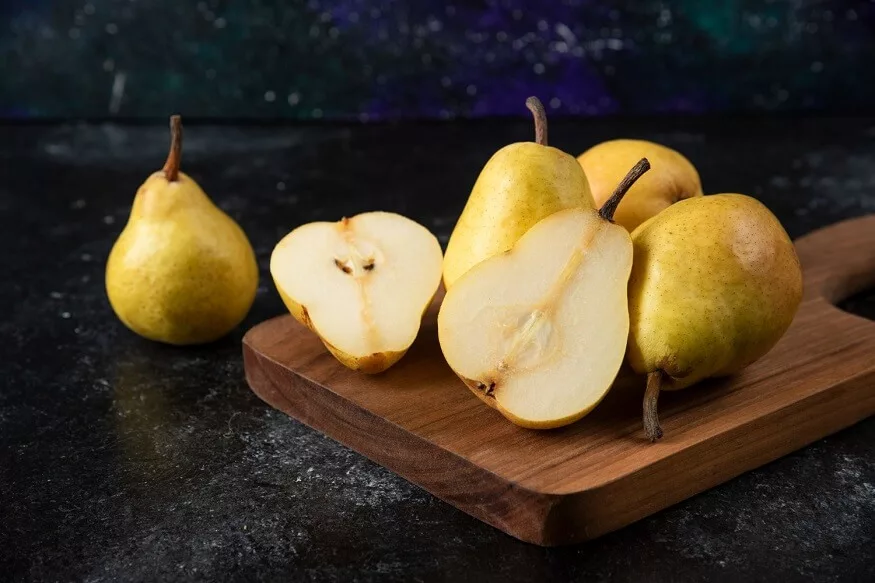Healthy Snacking
Parents often seek healthy snack options for their kids. Dried fruits are a nutritious choice and offer a healthier alternative to processed or sugary snacks.
In this blog, we will explore healthy snacking with dried fruits for kids.
Understanding dried fruit
Dried fruit is the fruit that has had almost all of its water content removed either naturally or through methods such as sun drying or using dehydrators. In this process, the fruit shrinks taking the form of an energy-dense dried fruit.
Dried fruits include
- Raisins
- Dates
- Apricots
- Figs
- Mangoes
- Pineapples
- Bananas
- Apples
- Cranberries
- Prunes
Also read : What is the Difference Between Essential and Nonessential Nutrients
Nutritional value of dried fruits
One cup of mixed dried fruit contains approximately:
- 480 Calories
- 4 grams of Protein
- 0 grams of Fat
- 112 grams of Carbohydrates
- 8 grams of Fiber
- 92 grams of Sugar
Benefits of dried fruits
Dried fruits provide energy-dense nutrition for your child essential for their growth, development and maintaining a healthy immune system. Below are some of the most beneficial dried fruits that could be easily incorporated into a child’s diet:
1) Dried apricots
Dried apricots contain:
- Soluble fibre
- Potassium
- Vitamin A
- Calcium
These nutrients help:
- Lower blood cholesterol and glucose levels
- Regulate blood sugar
- Aids in brain function
- Promotes heart health and muscle function
- Promotes healthy vision
- Helps maintain a balance of fluids in the body
- Prevents urinary stones
- Strengthens white blood cells
- Reduces risk of cancer
- Combats osteoporosis
2) Raisins
Raisins are dried grapes. They are high in Iron and packed with fibre and potassium. Raisins do not cause rapid spikes in blood sugar after meals due to their low to medium glycemic index and low insulin index.
About 40–50 grams of raisins contain:
- 129 Calories
- 42 grams of Protein
- 11 grams of Fats
- 11 grams of Carbohydrates
- 03 grams of Sugars
- 9 grams of Dietary fiber
- 1 mg of Vitamin C
- 27 mg of Calcium
- 77 mg of Iron
- 15 mg of Magnesium
- 320 mg of Potassium
- 42 mg of Phosphorus
- 11 mg of Sodium
The nutrients present in raisins help
- Lower blood pressure
- Improve blood sugar control
- Decrease cholesterol
- Increases feeling of fullness
- Digestion
- Prevent Anemia
- Fight against cancer cells
- Improve skin health
3) Dates
100g of dates contain:
- 277kcal
- 81 grams Protein
- 15 grams Fats
- 75 grams Carbohydrates
- 7 grams Fiber
- 5 grams Sugar
- 54 mg Magnesium
- 64 mg Calcium
- 9 mg Iron
- 62 mg Phosphorus
- 54 mg Manganese
Dried dates also contain:
- Vitamin B1
- Vitamin B2
- Vitamin B3
- Vitamin B5
- Vitamin B6
- Folate
- Vitamin C
These nutrients help:
- Fight against various microorganisms
- Lower blood sugar levels
- Effective against the growth of tumours
- Reduces inflammation
- Protects the kidney
- Protects the liver
Also read : Discover the Nutritional Benefits of Nuts for Children
4) Prunes
Prunes are dried plums.
38g of prunes provides:
- 90 calories
- 0g total fat
- 0g saturated fat
- 0mg cholesterol
- 0mg sodium
- 24g total carbohydrate
- 3g dietary fiber
- 14g total sugars
- 0g added sugars
- 1g protein
- 20mg calcium
- 4mg iron
- 280mg potassium
- 23mcg Vitamin K
- 1mg riboflavin
- 9mg niacin
- 1mg Vitamin B6
- 2mg pantothenic acid
- 15mg magnesium
- 1mg copper
- 1mg manganese
The nutrients present in prunes
- Supports healthy bones
- Lowers cholesterol levels
- Supports healthy digestion
- Stabilizes blood sugar levels
- Combats inflammation
5) Apples
Dried apples are loaded with Vitamin C and dietary fibres contributing to overall well-being.
100 grams of dried apple contains:
- 243 Calories: 243 kcal
- 9 grams Carbohydrates
- 3 grams Dietary Fiber
- 1 grams Sugars
- 6 grams Protein
- 5 grams Fat
- 5 mg Vitamin C
- 2 mcg Vitamin K
- 407 mg Potassium
- 18 mg Calcium
- 5 mg Iron
- 16 mg Magnesium
- 11 mg Phosphorus
- 3 mg Sodium
- 116 mg Copper
The nutrients present in dried apples:
- Help in bone health
- Keep skin healthy
- Prevents anaemia
- Lowers blood pressure
- Strengthens tooth enamel
- Prevents joint and gout pains
- Improves memory
- Calms the nerves
Also read : Impact of Processed Foods: Understanding additives, preservatives, and their potential effects on children
Integrating dried fruits into the diet
1) As a snack
Dried fruits can be naturally sweetened snacks for kids eaten on their own or mixed with nuts and eaten between meals or after school.
2) In baked goods
Raisins, dates, and figs can be included in baking muffins or breads for kids. One could also add chopped prunes or pears as toppers.
3) Trail mixes
Chop dried fruits into small bits and mix them with nuts and seeds to make a trail mix for kids. This can be used in cereals or oatmeal as breakfast.
4) Granola bars
Replace nuts with dried fruits in your granola recipe.
5) Salads
Add cranberries, dates, pineapples, and raisins (chopped or sliced) such as fruit salads or vegetable salads for texture and sweetness.
Also read : Dates vs Figs: A Comprehensive Comparison
Conclusion
Parents must pick dried fruits with minimal added sugar or preservatives for their kids. Always check labels. It is recommended to select naturally dried fruits or ones dried without the use of sulphites.
Dried fruits offer significant health benefits, making them an excellent option to be included in children’s diets, aiding healthier growth and development.
They serve as nutrient-rich, convenient, and long-lasting alternatives to sugary snacks. Since dried fruits also help retain the fruit’s nutritional value, they can conveniently provide beneficial nutritional punches if consumed wisely.










